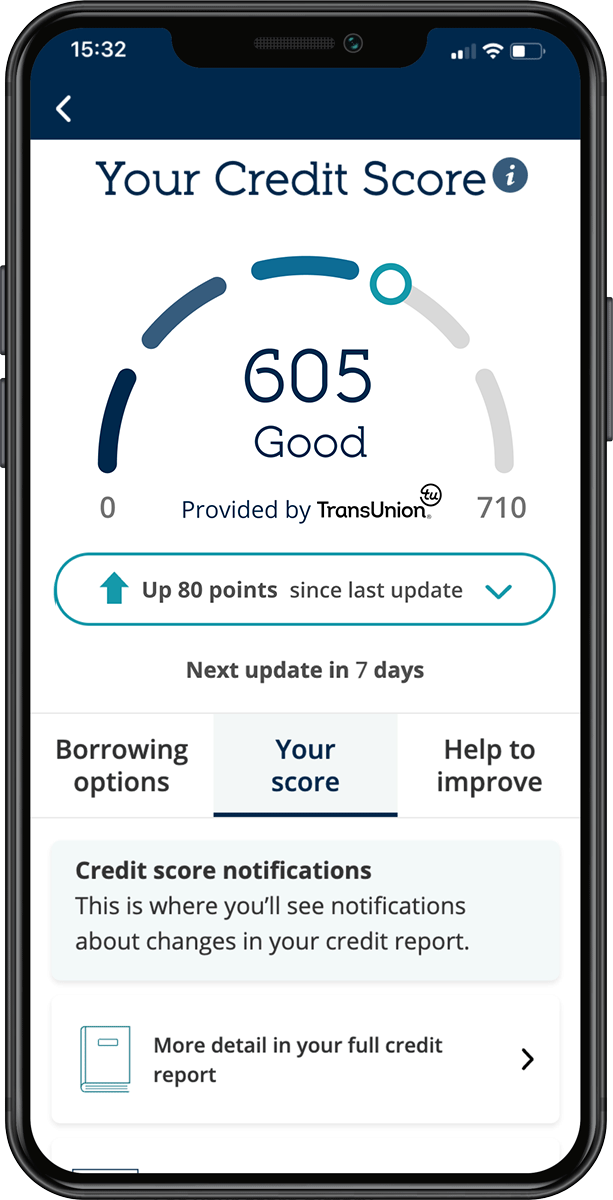What is a good or bad credit score?
What is a good or bad credit score?
-
Excellent
Very good
Good
Fair
Low
Excellent
1,121 - 1,250
Very good
1,001 - 1,120
Good
861 - 1,000
Fair
641 - 860
Low
0 - 640
-
Excellent
Very good
Good
Poor
Very poor
Excellent
811 - 1000
Very good
671 - 810
Good
531 - 670
Poor
439 - 530
Very poor
0 - 438
|
Excellent |
Good |
Ok |
Needs some work |
Needs work |
|---|---|---|---|---|
|
Excellent 628 - 710 |
Good 604 - 627 |
Ok 586 - 603 |
Needs some work 551 - 585 |
Needs work 0 - 550 |
What are the benefits of a good credit score?
- The higher your credit score is, the more likely it is for a credit application to be accepted
- You’re more likely to be offered the most favourable and lowest interest rates
What are the disadvantages of a bad credit score?
- You might not be offered the credit limit you need
- It might mean you can’t get a job in some sectors, like legal or financial services
How to check your credit score and report
Checking your score and what information is held about you before you apply for credit is always sensible. Get a copy of your file from all three UK credit reference agencies below to get a full picture. And if you notice anything reported incorrectly, you could submit a data dispute to the relevant agency. They’ll then investigate with the lender. If the lender confirms an error has been made, they can correct it.
The three main UK credit reference agencies are:
You can also check Your Credit Score with MBNA

Do lenders check anything else?
Know where you stand with MBNA
Sign up for ‘Your Credit Score’. We’ve partnered with TransUnion to provide you with access to your credit score. It’s free to use and won’t impact your credit file.
- View your updated credit score every 7 days.
- See what you’re doing well.
- Understand what you can do that might help to improve your score.
- Find out how your score compares to the UK average.

